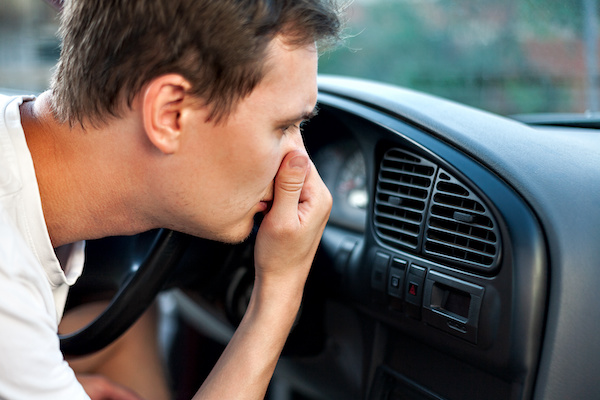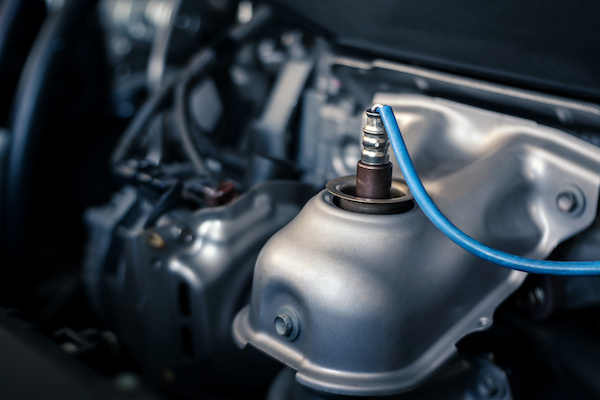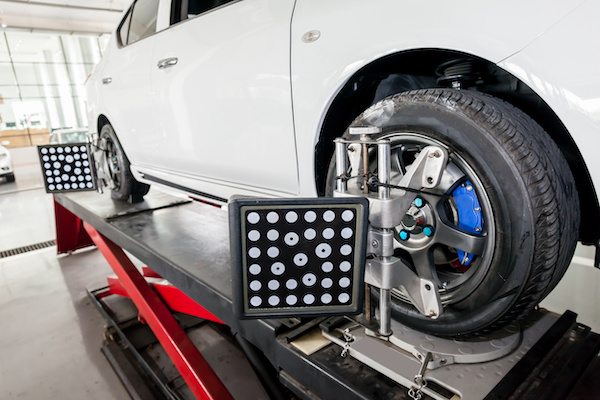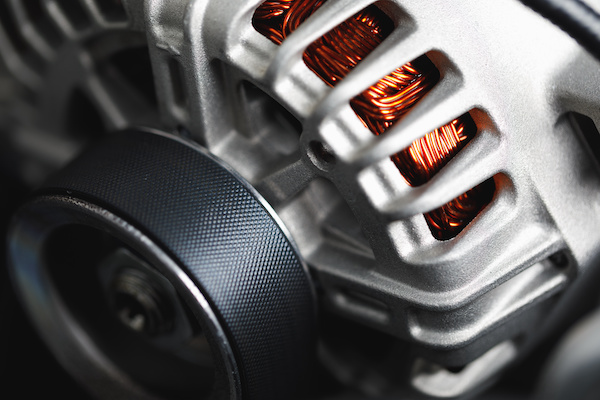Posted on 7/25/2022

Many car owners and drivers may not know about the cabin air filter, and others don't pay much attention to it. While it may not interfere with your car's movement or performance, it may affect your health due to the air quality inside. Basically, it filters the air that you breathe inside your vehicle. The cabin air filter helps to remove or prevent harmful pollutants such as dust, pollen, smoke, mold, spores, smog, and other allergens. However, it should not be confused with the engine's air filter. The engine filter ensures the air inside it is clean and free from debris and other particles for effective combustion. Cabin air filters are usually rectangular and made of paper and fibrous material. When air passes through the filter, all debris, pollutants, and allergens are trapped and prevented from entering the car. However, like every other HVAC filter, you should change the cabin air filter regularly to make the air clean and safe. What Happens If You Don't Rep ... read more
Posted on 6/28/2022

Oxygen sensors, or O2 sensors, are small instruments in your car that measure the amount of oxygen in the exhaust. As you may know, your engine needs When there is a lack of oxygen, the engine runs rich, making it challenging to accelerate. Common Causes for Failing Oxygen Sensor The typical causes for faulty O2 sensors include faulty wiring, electrical problems, poor insulation, and clogged fuel injectors. When your engine suffers from drastic pressure changes, it can affect the air pressure. Additionally, corrosion from improper combustion, poor heating, electrical voltage spikes from poor grounding, and dirty air filters. When your oxygen sensor stops working, you may experience the following symptoms: Lack of engine power Sluggish acceleration Lowered fuel economy Black exhaust smoke Failure to pass an emissions test When Should You Replace the Oxygen Sensor? When the sensor no longer works or fails to report accurate readings, you may need to stop dr ... read more
Posted on 5/26/2022

Over time, your car can hit bumps, potholes, and other obstacles that may cause its wheels to go out of alignment. Proper wheel alignment is essential to keep your tires and other auto components in good condition. Otherwise, you may have to replace your tires a lot sooner than you think. Wheel alignment problems can be caused by many things. Besides the examples we’ve mentioned so far, excessive or harsh braking can cause alignment issues. Sometimes the wear and tear of your shocks, struts, or springs can lead to misaligned wheels. Additionally, wrong modifications can also mess up your wheel’s alignment. What Are the Symptoms of Poor Alignment? Drifting to one side when driving straight – While you're driving on a straight road, your car should drive straight even if you take your hands off the wheel. However, if your car drifts left or right, your car definitely needs alignment. Please have this checked ASAP, as it can cause accidents down th ... read more
Posted on 4/25/2022
.jpeg)
High beams are great for making yourself more visible to other drivers, especially when there is low visibility. However, there are specific situations where using them is appropriate and conditions when it's not. It depends on several factors, like the time of day, the time of year, the amount of precipitation, and the presence of other vehicles. High beams are reserved for situations where it's safe and legal to use them. So, when is it appropriate to use your high beams? Here's everything you need to know. When There Is No Oncoming Traffic High beams should only be used when there's no oncoming traffic. There are a few reasons for this. First, you don't want to be blinding oncoming drivers, it is dangerous if other drivers are overwhelmed by your high beams. Second, your focus should be on driving when you're on the road. Using high beams distracts you and increases your chances of making a mistake. When You Need to See Something Best You should ... read more
Posted on 3/18/2022

Imagine you're driving at night with your headlights on, radio blasted, rolled-down windows, and phone plugged in. All of those things are being run because of the alternator. While most people think the battery is doing the work, it is the alternator that is responsible for resupplying your battery with power. What Does the Alternator Do? In other words, the alternator is in charge of keeping your car battery alive while your engine is running. It is responsible for delivering power to all your vehicle's electrical components, including your car lights, power windows, windshield wipers, dashboard, seat heaters, etc. The alternator works by transforming mechanical energy to electrical energy. As long as the drive belt pully turns, your alternator will be up and running. Signs You Need Alternator Repair Even though alternators are meant to last a long time, accidents can happen. General wear and tear, misuse, heat damage, faulty wiring can occur to put ... read more